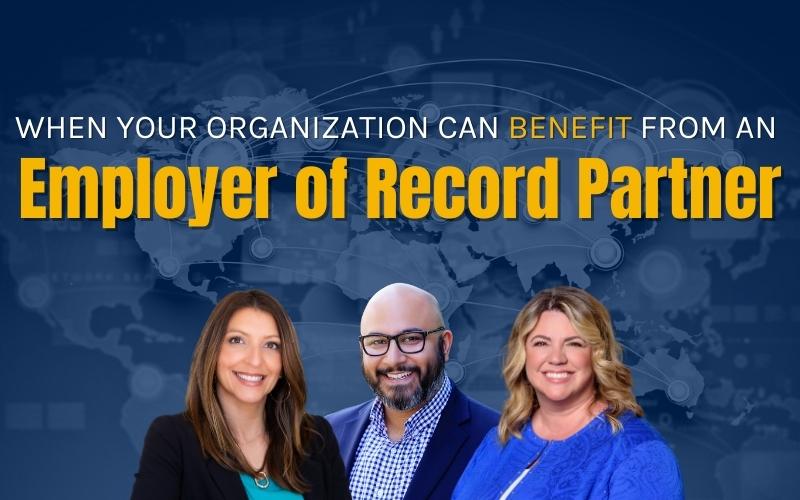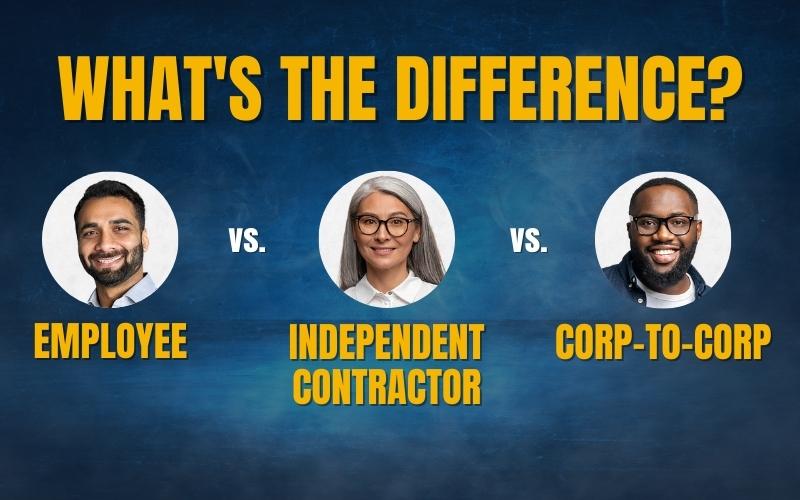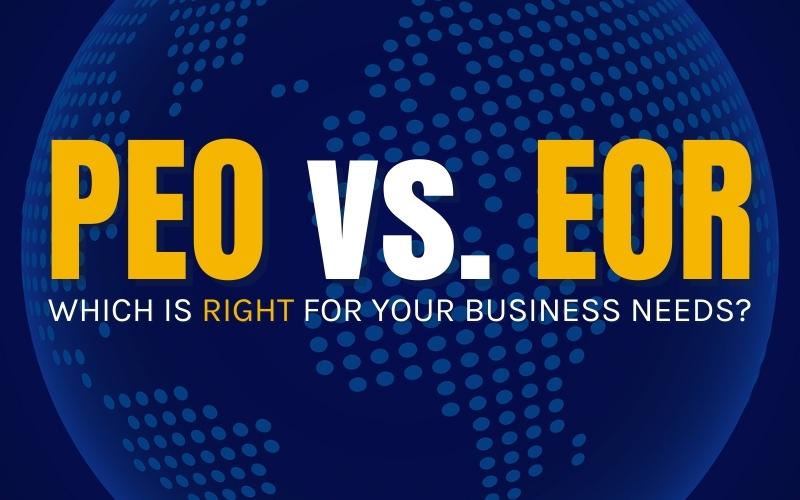Employer Best Practice

We’ve all experienced awkward situations where the watercooler conversation reveals the potential implications of a company decision we (somehow) never heard about. Few things trigger as much self-doubt as learning that you’re unfamiliar with something your peers treat as common knowledge — especially when lacking that knowledge might stall your career. This is where being…
Read the full story
With a possible recession in the air and the rising cost of living wreaking havoc for just about everybody, companies have a lot on their plates today. It’s no wonder that decision makers are looking for any opportunity to save costs and draw out inefficiencies from their processes. How Should Businesses Cut Costs When…
Read the full story
Since the onset of the COVID-19 pandemic and its subsequent lockdown orders, millions of jobs have become at least partially remote. From 2021 to 2022, in fact, the number of employees who chose to work remotely rose by 24%. What’s more, more than 60% of companies implemented some form of flexible work. Because work-from-home jobs…
Read the full story
Talent is often one of the most important assets to a business. It’s something the majority of companies can agree upon. As such, they take diligent measures to offer competitive pay, including solid benefits plans, and great work environments — not to mention positive employee experiences. But with a fluid market and changing economy, proper planning…
Read the full story
Compensation is a key consideration for most job seekers, but it can be challenging for organizations to compete in that area. If you simply meet the market when it comes to salary, your pay might not appear competitive to top talent. Read our latest article for SHRM to learn strategies for reassessing and communicating your…
Read the full story
When looking for help with employment and compliance tasks for remote or contingent workers, businesses don’t always know what an employer of record provider can do for them. It’s not just payroll processing - an employer of record (EOR) can help in many more ways. And it’s especially useful for expanding businesses or those needing…
Read the full story
If you’ve traditionally employed full-time employees, you might have some questions about the different types of work arrangements that have gained momentum over the past few years. With the rise of the internet and tech companies that have enabled the gig economy, more workers are eschewing full-time employment for the flexibility of less permanent working…
Read the full story
The Great Resignation is still impacting businesses. In October alone, 4 million workers left their jobs. Adding insult to injury is a new phenomenon sweeping workplaces across the U.S.: quiet quitting. Gallup believes quiet quitters make up at least 50% of the U.S. workforce, and employers are feeling the strain. Worker productivity dropped significantly in…
Read the full story
What was once commonly known as "payrolling" is now more commonly known as an "employer of record", or EOR. EORs started when companies decided to experiment with the idea of outsourcing the administrative burden of employment for contract workers so that they could engage employees faster and compliantly throughout the United States. This service is…
Read the full story
Although similar on the surface, professional employer organizations (or PEOs) and employers of record (or EORs) operate under vastly different business models — and the biggest difference between PEOs and EORs can be summed up in two words: partner status. PEOs serve as your co-employer partner, whereas EORs serve as the legal employer of your dispersed workforce. Both…
Read the full story


